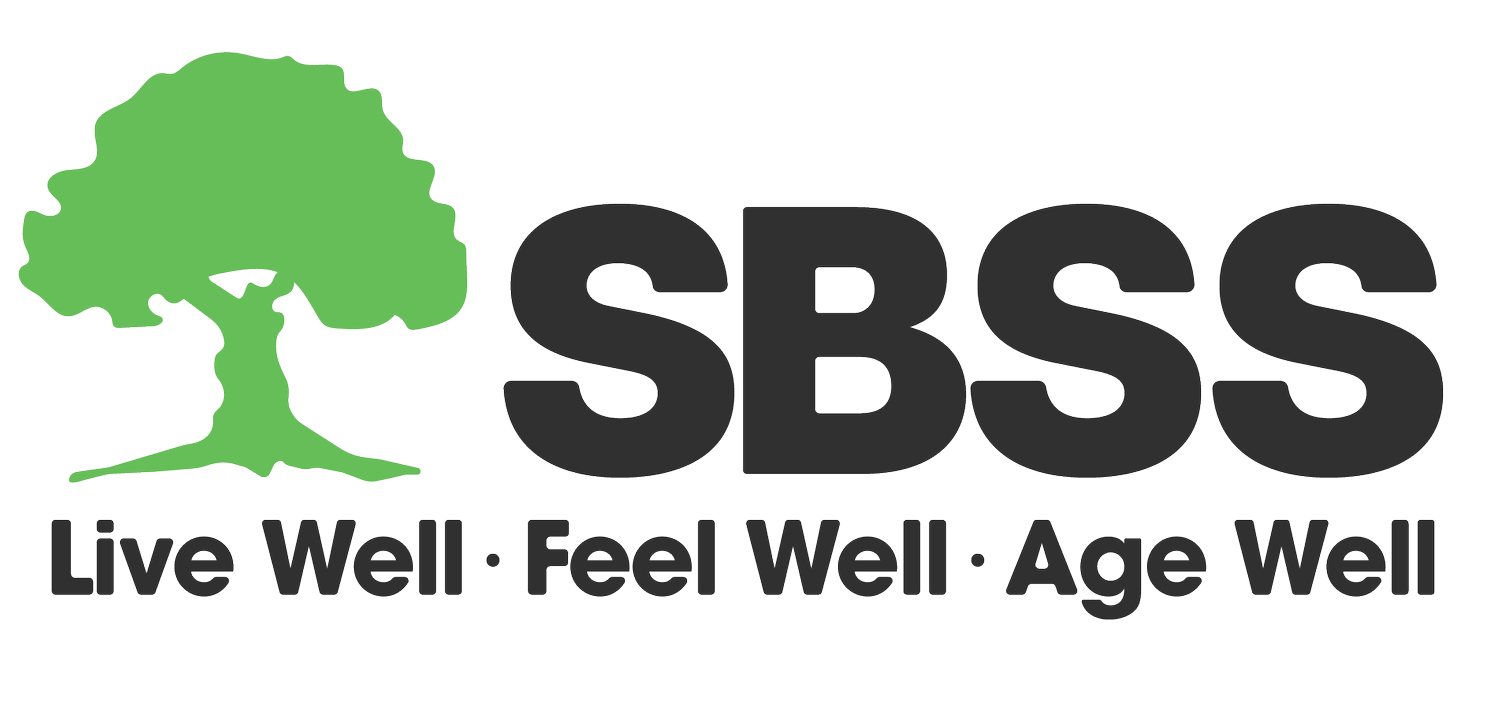As I enter the last few weeks as President and CEO of SBSS, I reflect on how much SBSS has grown in these last 13 years. When I accepted the position in 2008, I was prepared for any and all challenges that were headed my way, such as the recession which left many low income older adults housing insecure and even homeless. The team and I did all that we could to expand our programs and services to reach more communities and included services for family caregivers as well. We co-founded the Los Angeles Aging Advocacy Coalition (LAAAC) and have managed it since its inception. LAAAC gives older adults more of a voice within their communities. We also launched our Aging into the Future events to help educate older adults about the opportunities that technology provides and our more recent program, GOAL:Tech to provide literacy education for older adults as we navigate through the pandemic and beyond.
A focal point for me has been to make sure that everything we do is through the lens of diversity, equity, and inclusion, and I am proud that the SBSS team and I became champions for the population we serve. The legacy I leave is the trust that our older adults, their families, and their communities have in SBSS to help them age well with dignity and respect.
From the global recession to the global pandemic, SBSS has become stronger, more resilient, and more invested than ever in the impact we have in our communities. The strength of our entire staff and the organization has made this difficult decision a little easier. While there will always be challenges, I know SBSS will always emerge better than ever, and will always keep the most vulnerable older adults at the center of everything we do – I’ve seen it time after time.
On my toughest days, it’s the people who kept me going.
To all the SBSS older adults we’ve served: You’re the reason I do what I do. Thank you for allowing me to serve you. It’s been an honor and a privilege to do so.
To our partners, past and present: Thank you for trusting me and SBSS. Thank you for giving so much of your time and experience. Together, we changed the world by helping our communities, one person at a time.
And to our supporters: Thank you for believing in our mission, our vision, and our work. Without your investment, trust, and belief in us, we could never achieve what we have accomplished.
Thank you to my board for their support over the years and to my SBSS team across and throughout the organization. We’ve been through so much together, I can’t help but care for you all.
I’m deeply grateful to have had the opportunity to serve as SBSS’ President and CEO. I will miss the SBSS family, but I know SBSS will continue to thrive without me. I know the SBSS future is bright, and I invite you to be part of it with our board, staff, and new leadership. It’s always been your support that allows SBSS to be a beacon of light for so many.
Please consider a gift today, in honor of our past and as an investment into SBSS’ future.
In gratitude,
Rigo J. Saborio
SBSS President and CEO




